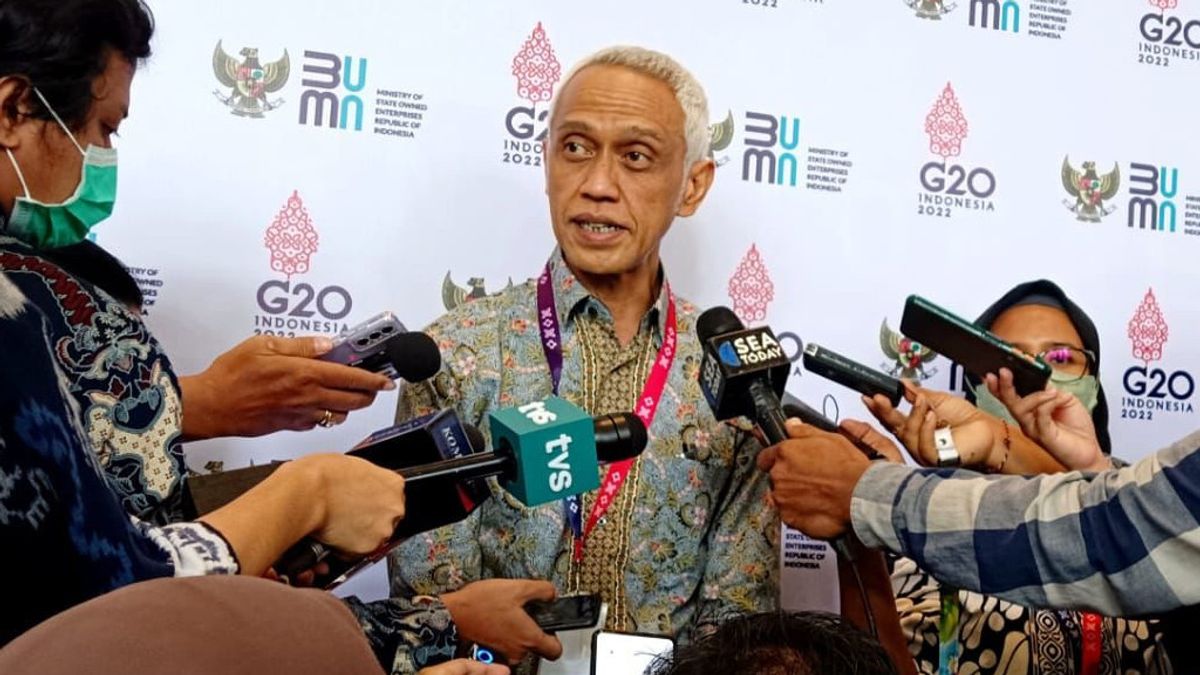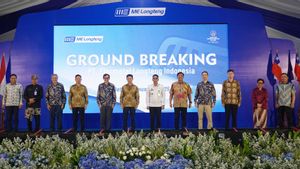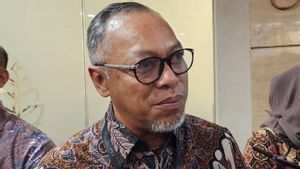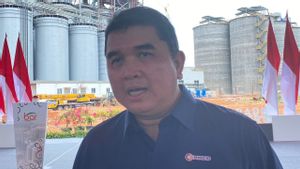JAKARTA - Pertamina's Gas Subholding, PT PGN Tbk, has the initiative to develop Biomethane's business as one of the decarbonization measures programs, especially in the palm oil industry, which utilizes palm oil liquid waste to become new and renewable energy. This is also in line with the Indonesian government's target and the SOE's commitment to reduce carbon emissions in the achievement of Net Zero Emission by 2060.
PGN is also open to partnering with various parties for collaboration in the biomethane business that was conveyed at the SOE International Conference G20 in Nusa Dua Bali, Monday, October 17. This conference is a positive event for PGN to seize world opportunities, world trust, and strategic cooperation over PGN's transformation in developing new energy that is more sustainable.
One of the results of processing from liquid oil mills called Palm Oil Mill Effluent (POME) can be processed into BioMethane. In Indonesia, as many as 187.5 million tons of crude palm or fresh fruit (FFB) can produce around 45 million tons of CPO and 109.3 million tons of POME which can release methane into the atmosphere equivalent to 36 million tons of CO2e.
"PoME potential is proposed to be processed into Biomethane whose utilization can be juxtaposed with natural gas. Biomethane can be an option as an EBT to replace fossil fuel fuel oil. The processing of POME helps overcome environmental problems, because the liquid waste can endanger the environment if it is not processed and utilized properly," explained PGN's Director of Strategy and Business Development, Heru Setiawan in his written statement.
The total potential of Biomethane in Indonesia is 195 MMSCFD with distribution areas including Riau, Central Kalimantan, North Sumatra, West Kalimantan, and South Sumatra. There are several palm oil factories in Sumatra around the PGN Group natural gas pipeline, namely Aceh, North Sumatra, Riau, Riau Islands, Jambi, South Sumatra, and Lampung.
"The existing natural gas infrastructure PGN Group is ready to be used for the use of Biomethane, so additional investment is not needed for the development of new infrastructure," continued Heru.
With characteristics equivalent to natural gas, Biomethane has a variety of potential ultimate uses that are also similar to natural gas such as vehicle fuel, electric generators, and heating. In addition, biomethane is also better at low carbon footprint.
According to Heru, biomethane is attractive for investment in the long term. Moreover, in today's global conditions, many world industries focus on net investment with green energy.
With the use of biomethane, investors will get carbon credit for reducing greenhouse gases and Bio certificates for Green House Gas Reduction for converting fuel from fossils to bio-based methane.
In Indonesia itself, the government has also intensified various clean energy programs, especially during the transition to renewable energy. According to the 2016 Paris Agreement, the government is targeting to reduce emissions by 29-41 percent by 2030 with its energy sources using 23% renewable energy by 2025, and 31 percent by 2050.
"Biomethane is a "bio"-based clean energy product, so it can prevent emissions throughout the value chain. The raw materials for producing biomethane are also sustainable and abundant, so they can be processed in the long term," explained Heru.
As part of Pertamina's Oil and Gas Holding, PGN will be proactive in expanding biomethane hopes that it can contribute to the Nationally Determined Contribution (NDC) and decentralized fuel dual fuel that leads to a stable and reliable energy system in Indonesia.
The English, Chinese, Japanese, Arabic, and French versions are automatically generated by the AI. So there may still be inaccuracies in translating, please always see Indonesian as our main language. (system supported by DigitalSiber.id)
Most Popular Tags
#NCP #Shin Tae-yong #Hasto Kristiyanto #free nutritious food #patrick kluivertPopular
09 Januari 2025, 08:20













